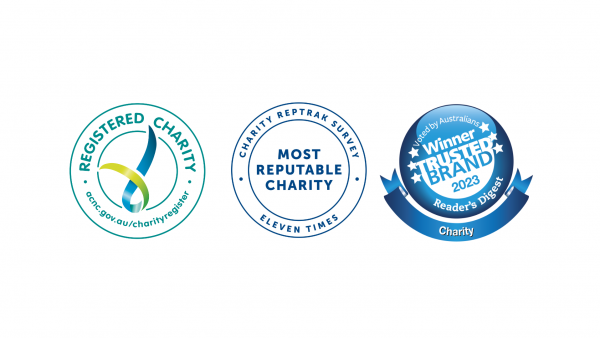Your new year estate planning health check – what you need to know

A new year is a great time to make sure your estate plan still reflects your wishes.
This includes how your assets should be handled on your passing and your instructions for how your finances and health should be managed.
So here’s a checklist of what you need to review when you’re updating your estate plan at the start of the year.
First, it’s important to understand what an estate plan is.
Your ‘estate’ refers to all of your assets and liabilities -everything you own that has financial value, as well as any money. An estate plan enables you to document your wishes on how you want your affairs managed and outlines how you want your assets dealt with when you pass away. It includes your Will and information about your beneficiaries, and who you have named as Executor of your estate.
It's important to consider how your estate will be managed to help reduce stress for your family at a difficult time. A well-articulated estate plan also reduces the risk of conflict between your loved ones.
Here are four tips for checking your estate plan.
Consider whether your assets are held jointly or solely in your name, and who you wish to inherit them
“Assets held jointly will automatically become the surviving joint owner’s asset on your death. If, however, property is owned as ‘tenants in common’, the deceased's share of the property will pass in accordance with their Will, or under the rules of intestacy (this law dictates the particular order who the estate is distributed to), if they have not made a Will. Whereas assets solely in your name pass in accordance with your Will,” explains Kathy Coldicutt TPT Wealth Senior Estate Planner.
Make sure your Will is up-to-date with all of your assets, and deals with them in line with your wishes
“Read through your Will at timely intervals because your circumstances often change over time,” Kathy recommends.
A priority is to check whether your beneficiaries, and their details, are still current. This includes name changes, for example after marriage, or after having children. Your beneficiaries’ circumstances may have also changed since the last time you looked at your Will and you may need to amend it to reflect that. A change in your relationship can also affect your Will and the people for whom you would like to provide for.
“Your Will should take into account any succession plan in which you are involved for a business or partnership. And any friction between family members. Make sure you appoint an executor who will have the time and ability to manage the estate without causing conflict among family members. Also ensure anyone who is financially dependent on you is taken care of and think through how debts such as your mortgage will be paid,” Kathy adds.
Check you are satisfied with your enduring power of attorney arrangements
“Ensure you are still comfortable with the people or organisation you have selected to manage your affairs, if you become incapable of doing this yourself,” says Kathy.
Also consider whether it is time to register your power of attorney. This becomes more urgent as you get older or if you receive a medical diagnosis that means it’s likely you will need help to manage your financial affairs.
Verify your super fund and life insurance policy beneficiary nominations
Many people have built up considerable wealth in their super fund, which may also involve a death benefit. It’s important to understand the distribution of super on your passing is determined by the trustees of the fund, and not necessarily your Will.
“Fund members may nominate the beneficiaries to whom super proceeds should be given. This can be a binding nomination, where trustees will pay the funds to your nominated beneficiaries, as long as the nomination is valid. Or, the nomination may be non-binding, which means the trustees will consider who you have nominated, but they have the final say over who receives your super and in what proportions after they have attempted to find all potential beneficiaries,” explains Kathy.
“You could nominate your legal personal representative if you want the funds to be distributed in accordance with your Will, and review and discuss your nomination regularly with your estate planner. Also, consider appointing an enduring guardian to handle your lifestyle and medical decisions if you are unable to,” she adds.
Once you are happy with your Will, it’s important to make sure your loved ones know where your Will, details of your enduring power of attorney and other legal documents are stored so they can easily find them when needed.
Please read:
The above information is general in nature and not intended to provide advice to particular individuals, or take into account an individual’s personal objectives, circumstances and needs for consideration. To the extent permitted by law, no liability is accepted for any loss or damage as a result of any reliance on this information.



